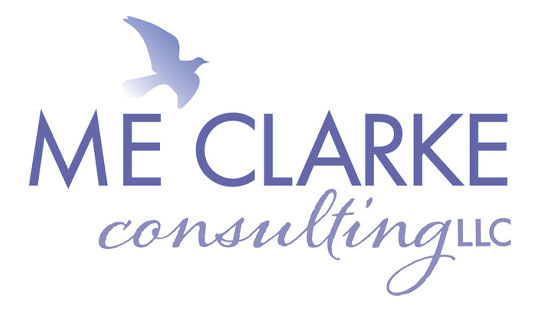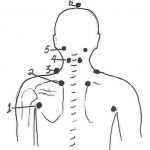What is Trauma and Why Does it Matter?
 When you see “trauma” what comes to mind? Maybe you can still feel pain from your own past traumas. Perhaps you paint a picture of what you know it to be or what you think it might be. For some, we might think of personal, individual experiences, and for others, we see a collective experience characterized by pain or deep powerlessness. The difficulty in defining exactly what trauma is, lies in its complexity and its ability to live within individuals, groups, and communities looking vastly different in each experience.
When you see “trauma” what comes to mind? Maybe you can still feel pain from your own past traumas. Perhaps you paint a picture of what you know it to be or what you think it might be. For some, we might think of personal, individual experiences, and for others, we see a collective experience characterized by pain or deep powerlessness. The difficulty in defining exactly what trauma is, lies in its complexity and its ability to live within individuals, groups, and communities looking vastly different in each experience.
At a transparent level, according to the center for Nonviolence and Social Justice, trauma is defined as, “a descriptor for experiences or situations that are emotionally painful and distressing, and overwhelm people’s ability to cope, leaving them powerless.” My own personal trauma takes place in a country not my own, with someone threatening me over a misunderstanding that I was unable to communicate in my host country’s language. The interaction was quick, nearly seconds, but the pain and powerlessness that came with it lasted much longer, rooting itself within me in complex and surprising ways, latching onto different memories and vastly expanding my chances of being triggered, even years later.
Trauma is vastly present in the history of many regions such as Central America, as well as other parts of the world, especially areas that have experienced consistent cycles of war, political violence, poverty, and natural disasters. Collectively, the trauma of one nation can be carried for years and passed down from generation to generation. This trauma, often unacknowledged by outsiders, survives the death of the events that first gave birth to it. The trauma left behind eventually makes its way into everyday life, in ways that can go unnoticed. However, if you look closely you can see trauma appear in the chaotic systems that govern its people, and the lack of justice that appears as the face of the law.
The need to heal trauma is so great, that the task of actually healing it seems nearly impossible. Patricia Mathes Cane, founder and director of Capacitar, an international network that teaches healing practices all of the world, gives the need to heal trauma great meaning:
Individually and collectively we need to learn how to heal the traumas of the past to live with wisdom and heart in the midst of the struggle. And we need to commit ourselves to change and transform unjust and violent systems that no longer serve the human family. The turn of the millennium can be a time of great purpose and commitment, whereby individuals, families, communities, societies, and whole countries come to grips with the trauma and legacy of the past to heal and transform life on the planet.
Working with our own existing trauma helps to break the cycle of its effects on our communities, society, and world. The legacy of trauma is much greater than the pain and triggers we experience as individuals, and its effect on the world is profound and sometimes deeply rooted. Embracing our own trauma and healing the experiences within us paves way to helping others heal theirs, and together, slowly, we heal communities.
Capacitar has dedicated its mission to spreading trauma awareness and developing tools and techniques to healing the stains it leaves behind. When trauma is recognized and embraced for what it is, eventually compassion will take its place.





Leave a Reply
Want to join the discussion?Feel free to contribute!